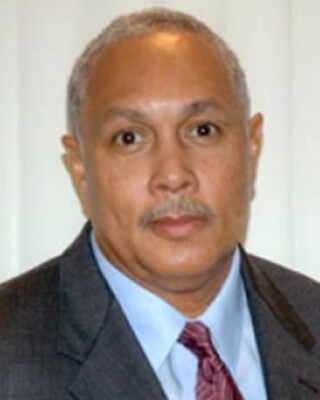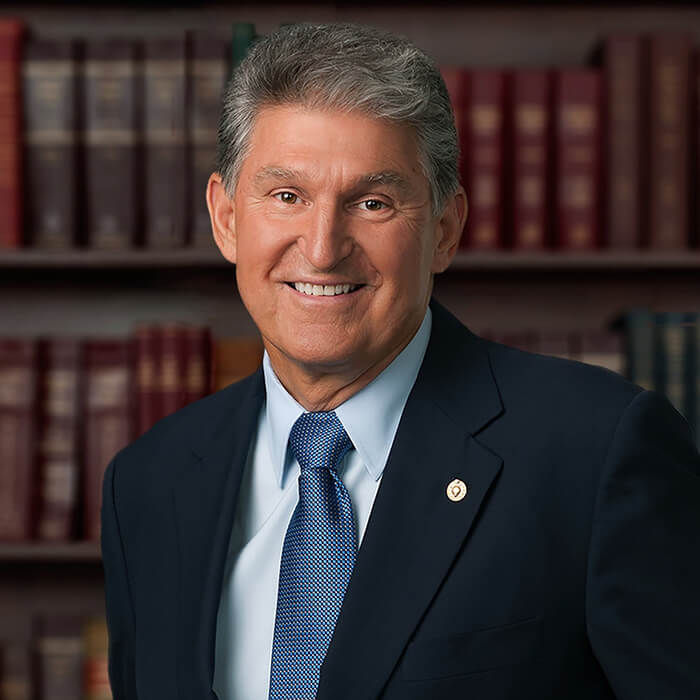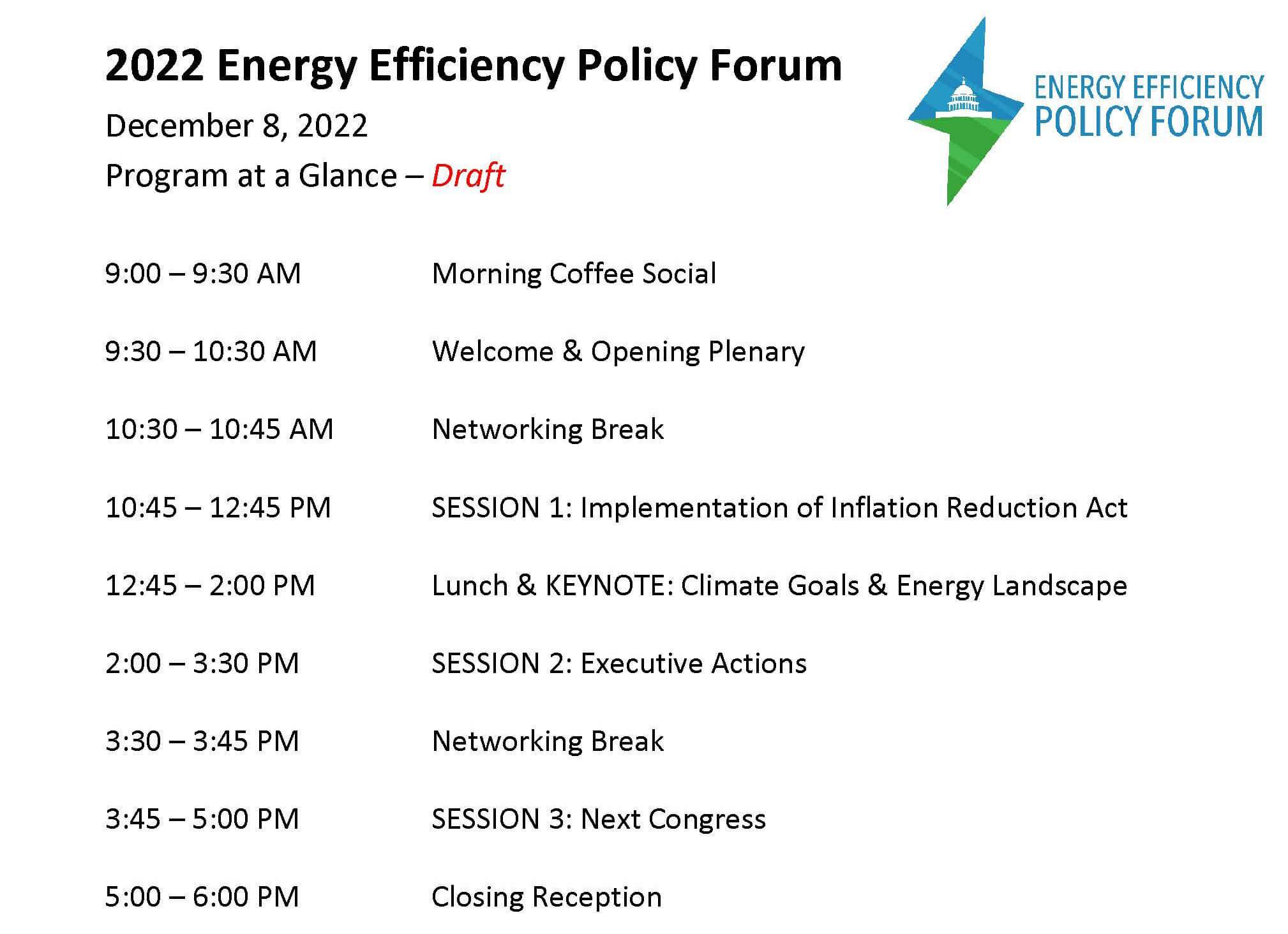Sponsors
Sponsorship Opportunities
If you would like to learn more about ACEEE conference sponsorships, contact Corinne Abbott.
Registration
Registration is closed.
Registration Rates
| Registration Type | Price | Dates |
| Early Bird | $175 | 9/28 – 11/7 |
| Regular | $250 | 11/8 – 12/8 |
| Virtual | $125 | 11/16 – 12/8 |
Safety Protocols - UPDATED!
For everyone’s health and safety, a negative Covid test is required for attendance. Attendees have three options:
- (Strongly encouraged if applicable)—Complete a brief Health and Safety Attestation in advance, attesting that you have been vaccinated and that you will take a Covid test in the 48 hours before arrival at the event and not attend if the result is positive (with full refund given).
- Complete the Health and Safety Attestation at the on-site registration tables, attesting that you have been vaccinated and that you have taken a Covid test in the 48 hours before arrival and had a negative result.
- Take a Covid test (provided by ACEEE) on-site at the registration tables and show the negative result to registration staff. If you have a positive result, you will be asked to leave and your registration fee will be refunded.
Unless presenting, attendees are required to wear masks in all sessions. For all other conference activities (such as meals and breaks), masks are strongly recommended but not required.


















